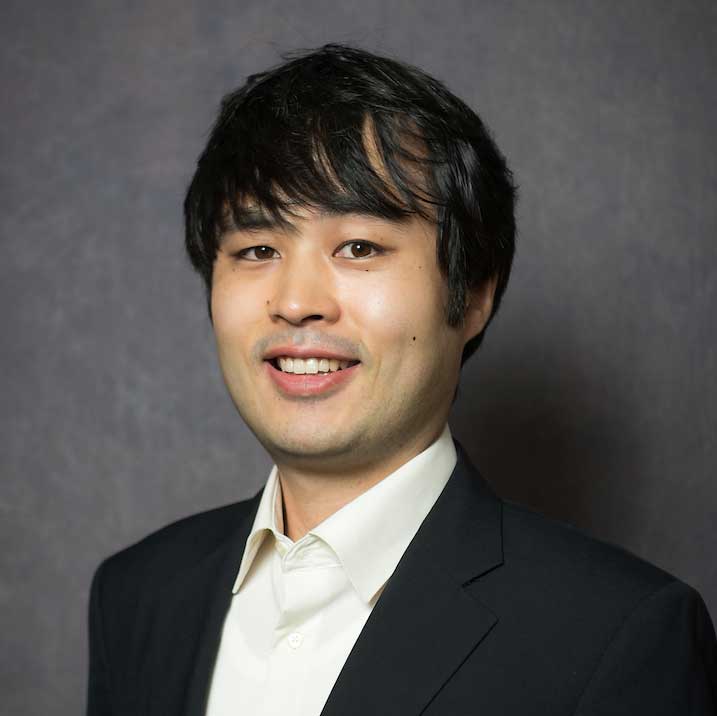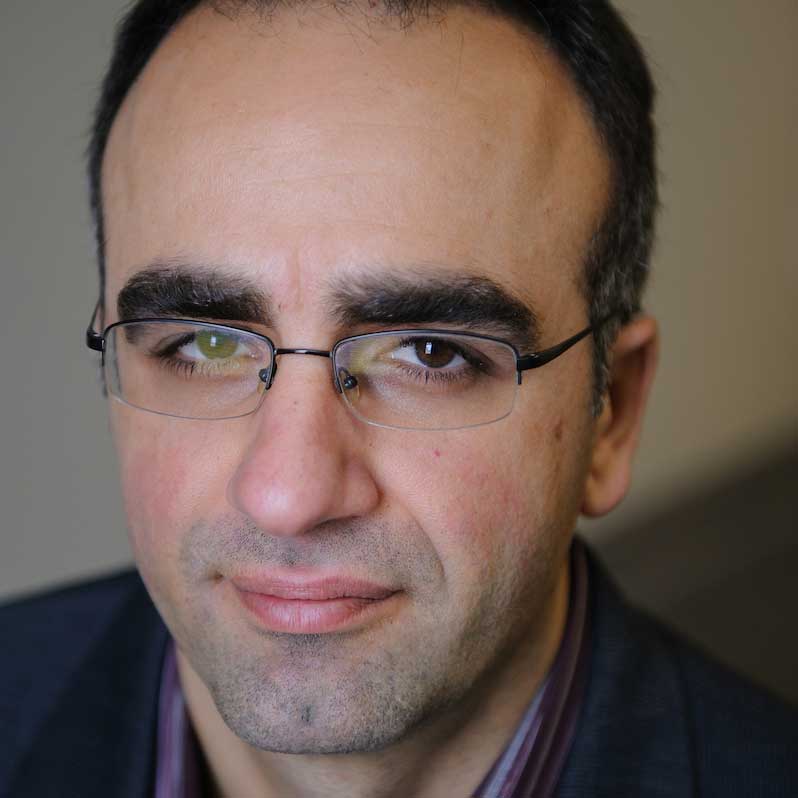OVERVIEW
Educational neuroscience is an emerging transdisciplinary field incorporating methods and perspectives from psychological and brain sciences, and education. Its principle goals are (1) to explore biological mechanisms that underlie learning and cognition, (2) to inquire how these mechanisms interact with individual and socio-cultural factors relevant to education, and (3) to develop evidence-based practices in teaching and designing learning environments.
Given its transdisciplinary nature educational neuroscience requires a foot in two worlds: psychological and brain sciences, and education. In 2014, the University of Alabama started a PhD Concentration in Education Neuroscience, under the Educational Psychology Program–one of the few PhD-level educational neuroscience programs in the world. Our goal with this program is to train researchers who are skilled and knowledgeable in methodologies and theoretical perspectives in both of the originating disciplines. However, we not only need researchers but also teachers, administrators and policy-makers with a transdisciplinary training in educational neuroscience. We have developed the undergraduate major to respond to this need.

PROGRAMS
B.S. in Educational Neuroscience
The undergraduate program provides a strong scientific foundation in the first two years and culminates with instruction in a variety of specialized topics. Additionally, the program presents the students with many opportunities to participate in research projects, starting with their first semester. In their junior and senior years students take a lab practicum course every semester, where they will work on an independent research project under faculty supervision. This will build on students’ experiences working on different projects in their first two years and will help them develop independent research skills.
Armed with an extensive theoretical foundation and strong research skills, graduates of this program will have the chance to pursue different trajectories post-graduation. We expect some of our students to continue graduate studies either in educational neuroscience or in other related fields, while others will pursue careers in health professions, public administration, private sector, non-profits, and policy. After graduating, students will also have the option to acquire a teaching certificate through one of the alternative routes to certification in a relevant field of teaching.
The new courses that will be offered under the educational neuroscience program will also be available to students in other programs in the College of Education and across campus. We are particularly interested in enhancing neuroscience literacy and overall scientific preparedness in our students.
Overall, we are very excited to have the opportunity to build a one of a kind program at UA, with the potential to train researchers and professionals with a strong scientific foundation and a unique toolset to approach educational problems. Please contact the undergraduate program coordinator Dr. Firat Soylu or edneuro@ua.edu with inquiries and questions about the program. You can also visit the Educational Neuroscience Initiative website for more information.
Ph.D. Concentration in Education Neuroscience
The PhD in Educational Psychology with a Concentration in Educational Neuroscience is based on an emerging transdisciplinary field that incorporates findings, methods and theoretical perspectives from various fields, including cognitive neuroscience, learning sciences, cognitive science and educational psychology. The concentration is currently open only to educational psychology PhD students. However, graduate students from any program can enroll in the courses offered. In the future, we are considering opening a certificate program for PhD students across all majors.
Students in the Educational Neuroscience Concentration are expected to fulfill all requirements of the Educational Psychology PhD Program. In addition, they are expected to complete the concentration courses and other relevant courses offered by other departments (e.g., human development, psychology, anthropology, and computer science). For the concentration courses, the recommended progression is BEP 570, BEP 571 or BEP 670 (or both), and BEP 671.

APPLICATION PROCESS
If you are interested in applying or have any questions, please email Firat Soylu. Please check the graduate school admissions website for more information on the application process.

LABS & CENTERS
Brain, Learning, and Education Lab (BLE)
Dr. Macarena Suárez Pellicioni is building the Brain, Learning, and Education Lab, aiming to investigate the neurocognitive mechanisms explaining math achievement and gains in math performance over time using functional magnetic resonance imaging (fMRI) and event-related potentials (ERPs), focusing on the role of both cognitive and affective factors.
Center for the Study of Ethical Development
The Center for the Study of Ethical Development began in the early 1970s as faculty and students from various disciplines began to meet informally to discuss research on moral development. The major activity of the Center has been research with the Defining Issues Test, a measure of moral judgment development. However, attention has also been given to other research tools, especially as a wider conception of moral development has emerged. This wider conception of moral development was proposed by James Rest in the early 1980s, and is referred to as “The Four Component Model of Morality.”
Embodied Learning Design and Educational Neuroscience (ELDEN) Lab
The Embodied Learning Design and Educational Neuroscience Lab was founded in 2015 by Dr. Fırat Soylu. As the name implies, our work is within the newly emerging field of educational neuroscience. The current research in the ELDEN Lab mainly focuses on numerical cognition and mathematics learning, in addition to wider interests in STEM learning and computational modeling. We conduct behavioral, neuroimaging, and design-based investigations for our research. Our goals are to provide multi-level (e.g., neural, cognitive, socio-cultural) explanations for how learning occurs in STEM domains through both lab and classroom studies, to formulate learning-design heuristics, and to design computational tools for learning. Our approach to issues in STEM learning is framed by embodied and evolutionary theories of cognition, meaning that we consider how bodily systems ground cognition and how cognitive abilities have evolved through reuse of existing sensorimotor systems.
Social, Emotional, and EDucational (SEED) Neuroscience Lab
The Social, Emotional, and Educational Neuroscience Lab studies how to promote students’ social, emotional, and motivational development in educational settings by utilizing various neuroscientific research methods, including but not limited to, functional MRI (fMRI), structural MRI, psychological intervention, and computer simulation methods. We conduct research projects focusing on moral development and education, growth mindset, and effective educational interventions promoting positive youth development.






